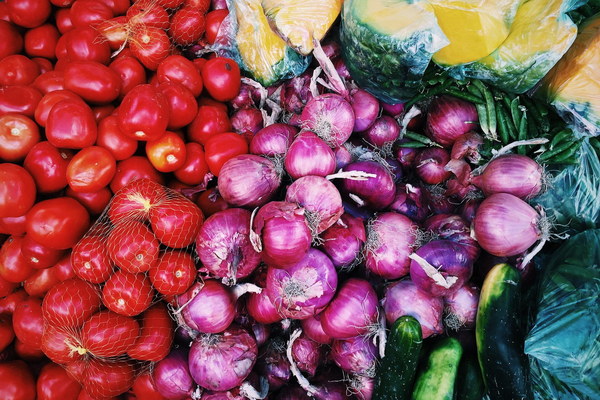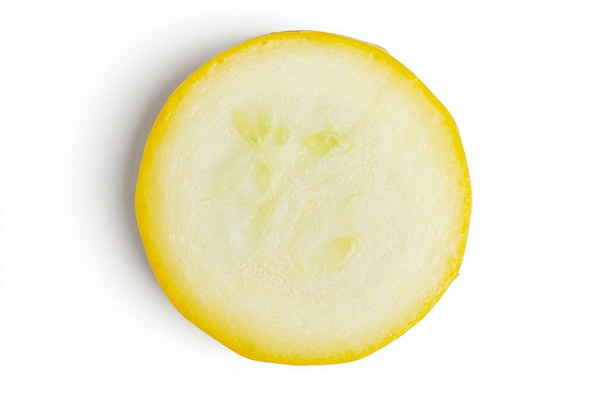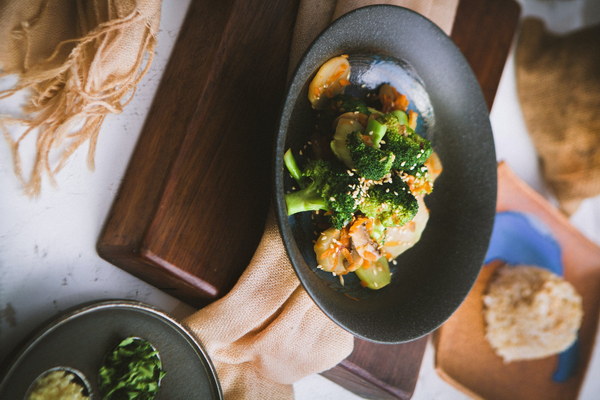The Art of Winter Tonics Unveiling the Rich History and Benefits of Winter Nutrition
In the heart of winter, when the world is enveloped in a thick blanket of snow and the cold air nips at our skin, the ancient wisdom of winter tonics has been a beacon of health and vitality for generations. The concept of winter tonics, or dōnghé jǐnbǔ in Chinese, is rooted in a time-tested belief that the body requires specific nutrients to bolster its defenses against the harsh cold weather. This article delves into the rich history and benefits of winter tonics, exploring how these traditional remedies can keep us healthy and strong throughout the winter season.
The origins of winter tonics can be traced back to ancient Chinese medicine, where it was believed that the body's vital energy, or Qi, diminishes during the winter months. To combat this, people turned to natural remedies that could replenish and strengthen their Qi, ensuring they remained robust and disease-free throughout the cold season.
One of the most famous winter tonics is the Ganmao Decoction, which is designed to fortify the lungs and respiratory system. The decoction, composed of various herbs such as astragalus, codonopsis, and ligustrum, is believed to boost the immune system and protect against respiratory infections that are common during the winter months.
Another popular winter tonic is the Jingui Desi, which is a combination of honey, ginger, and black sesame seeds. This sweet and savory concoction is believed to nourish the kidneys, the body's main energy reserve, and help maintain a balanced body temperature.
The practice of winter tonics is not limited to traditional Chinese medicine; other cultures also have their own versions of these remedies. For instance, in Japan, people enjoy Osechi Ryori, a traditional Japanese New Year's cuisine that is rich in nutrients and believed to bring good luck and health throughout the year. Similarly, in Scandinavian countries, the Smörgåstårta (open-face sandwich) is a hearty meal that provides the body with essential vitamins and minerals to keep it warm and energized during the long winter months.

The benefits of winter tonics are numerous. Firstly, they help to strengthen the immune system, reducing the risk of catching common winter ailments such as colds, flu, and respiratory infections. Secondly, they promote overall health and well-being by providing the body with essential nutrients and vitamins that are often lacking during the cold season. Lastly, winter tonics can help to maintain a balanced body temperature, ensuring that the body remains warm and comfortable throughout the winter months.
Incorporating winter tonics into your diet is relatively simple. You can start by adding a few immune-boosting herbs to your cooking, such as echinacea, goldenseal, or elderberry. Alternatively, you can prepare a pot of herbal tea with ingredients like ginger, turmeric, or lemon balm. Additionally, incorporating nutrient-rich foods like root vegetables, nuts, and seeds into your diet can provide your body with the necessary vitamins and minerals to stay healthy during the winter season.
In conclusion, the practice of winter tonics is a testament to the timeless wisdom of our ancestors. By focusing on natural remedies and nutrient-rich foods, we can ensure that our bodies remain strong and healthy throughout the cold winter months. As the world continues to embrace the healing power of nature, the tradition of winter tonics will undoubtedly continue to thrive, offering us a natural way to stay well and vibrant during the coldest time of the year.









